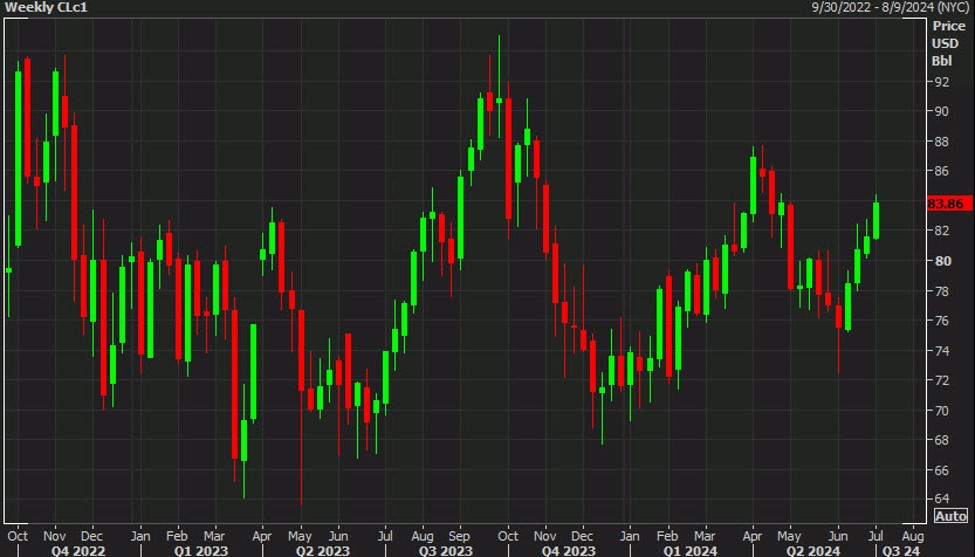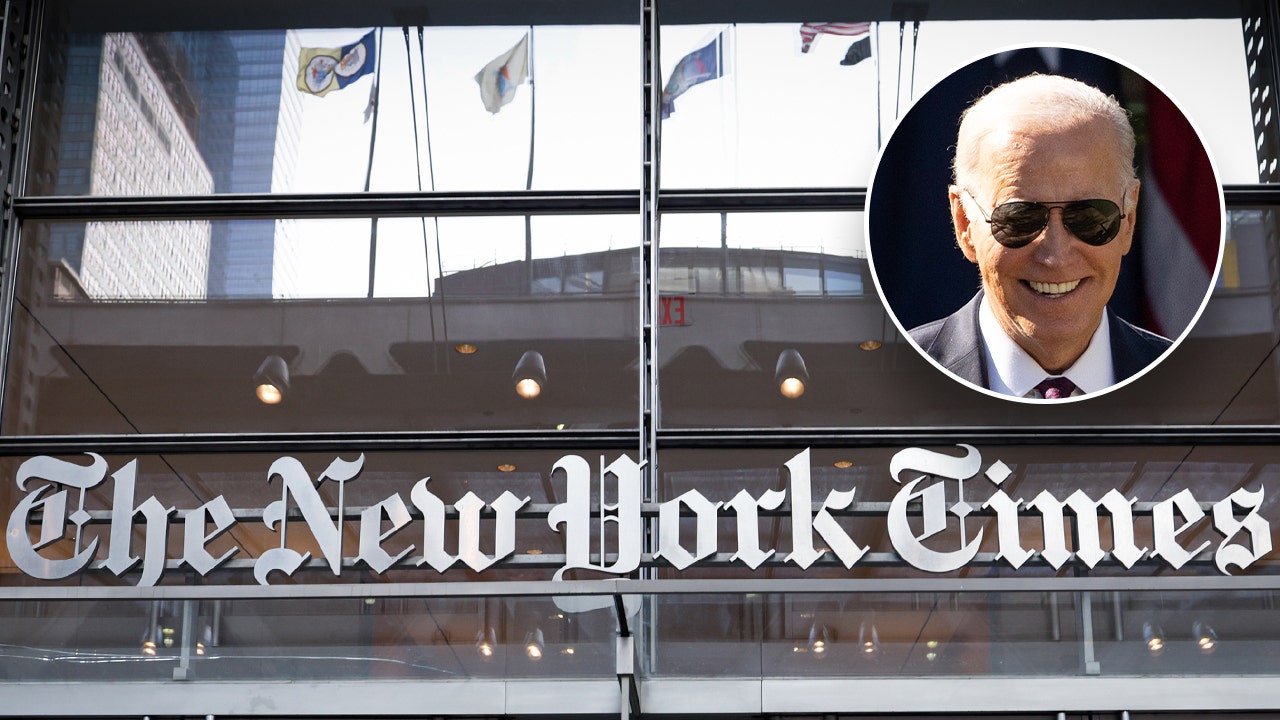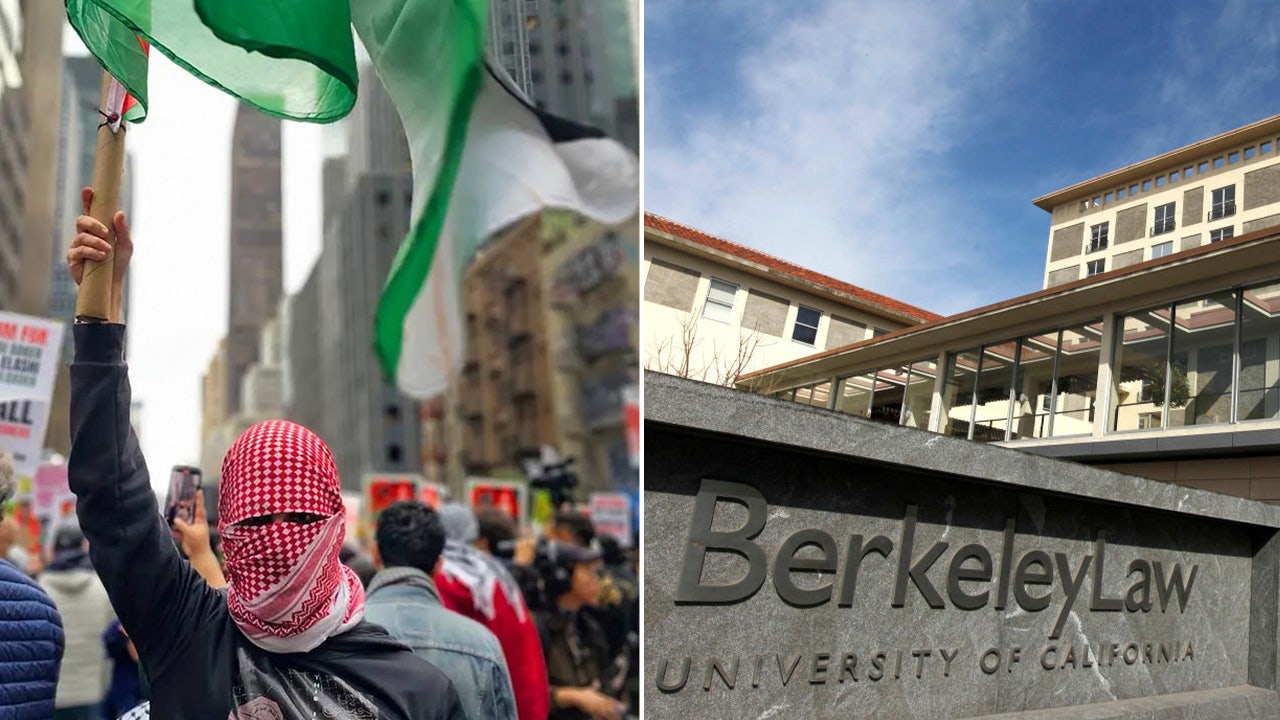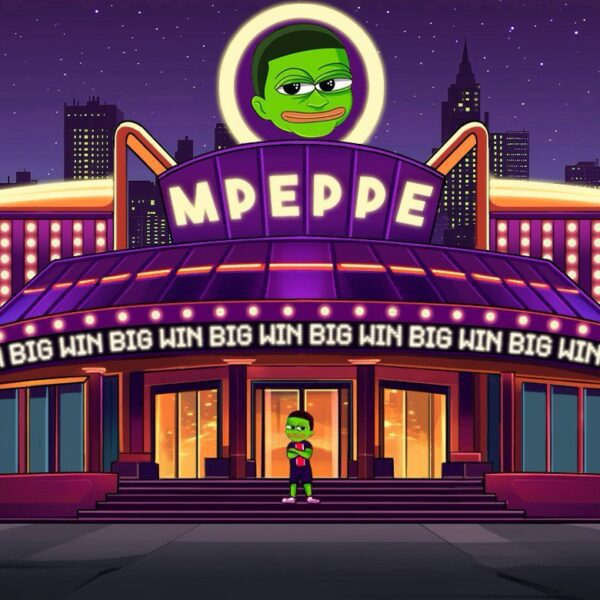Mediators are working to revive indirect talks on a cease-fire in Gaza that collapsed last month, focusing on terms based on a proposal backed by the United Nations and the United States, officials said on Wednesday.
For months, Israel and Hamas, alongside mediators including Qatar, Egypt and the United States, were in negotiations over a potential deal for a three-stage truce in Gaza and the release of the remaining 120 living and dead hostages held there. However, wide gaps remained on major issues, and the talks have been largely at a standstill since June.
Last Tuesday, Qatar sent Hamas new potential amendments to the proposed deal in an effort to win over its support, according to two senior officials from different countries involved in the negotiations who spoke on the condition of anonymity to discuss the sensitive talks.
On Wednesday, the office of Prime Minister Benjamin Netanyahu said in a statement that Israel had received Hamas’s response to the latest proposal, was examining it and would convey a response to mediators. He did not provide a timeline.
An Israeli official, speaking on condition of anonymity, said that wide gaps between the sides remained but that Hamas’s response left potential to move forward in the talks. The official declined to offer further details.
In a statement on Telegram on Wednesday night, Hamas said it had “exchanged some ideas” with mediators “aiming to stop the aggression against our Palestinian people.” It did not provide any further details.
The main stumbling blocks that need to be resolved center on a major difference: Hamas wants an end to the war and a full withdrawal of Israeli forces, while Israel has vowed to keep fighting until Hamas is destroyed and seeks control over postwar security in Gaza.
According to the two senior officials, the disagreements now largely center on two points, both related to talks on a permanent cease-fire outlined in the three-phase U.S.- and U.N.-backed deal. Those talks would take place during the first phase, a proposed six-week truce, during which some hostages would be exchanged for Palestinian prisoners.
Hamas wants to limit those talks to the number and identity of Palestinian prisoners to be released for each remaining hostage, while Israel wants to leave it open-ended, so more topics could be added into the discussions, according to the two senior officials.
Hamas fears Israel might torpedo the talks by expanding them to deal with other, effectively irresolvable issues, which would allow Israel to continue the war, the officials said. The latest Qatari proposal negotiators offers Hamas three potential alternatives for the talks, according to the two senior officials, though they did not give further details.
The U.S.- and U.N.-backed proposal stipulates that if Israel and Hamas cannot reach a deal on a permanent cease-fire before the six-week truce expires, negotiations will continue until they do. The two senior officials said Hamas wanted language that guaranteed Israel could not unilaterally declare that the talks had collapsed and return to battle.
In recent weeks, the United States has pushed Qatar — which hosts Hamas’s political leadership — to pressure Hamas to reach a deal with Israel, according to one of the two officials and a senior Israeli official. Qatar has now begun exerting more pressure on Hamas, said the two senior officials involved in the talks.
For months, Hamas’s and Israel’s demands have appeared irreconcilable, each reflecting their desire to shape the future of postwar Gaza. Hamas officials say they will only agree to a hostage-release deal if Israel commits to ending the war and totally withdrawing from the Gaza Strip, allowing Hamas to maintain its rule of the Palestinian enclave.
For its part, Israel has vowed to end Hamas’s rule in Gaza and destroy its military and governing capabilities. Israeli leaders have said military operations there will likely continue for months while Israeli forces chase down the remnants of Hamas’s forces across the Gaza Strip. Israeli soldiers have fortified a major corridor in central Gaza, appearing to prepare for a protracted struggle.
After President Biden publicly backed the agreement in late May, Prime Minister Benjamin Netanyahu of Israel neither rejected the proposed agreement nor issued a full-throated endorsement. Two senior members of Mr. Netanyahu’s far-right government publicly suggested they could break with his coalition if he went ahead with the deal.
But in mid-June, Hamas demanded revisions, and Israel quickly declared that Hamas had rejected the deal, while the Biden administration agreed that some of Hamas’s demands were unworkable.
Last month, Mr. Netanyahu also said in a television interview that he would only accept a “partial deal” with Hamas to release some hostages but would not countenance a premature end to the war. After fierce criticism from the families of Israeli hostages, Mr. Netanyahu publicly endorsed the deal the following day.
Ephrat Livni contributed reporting.















